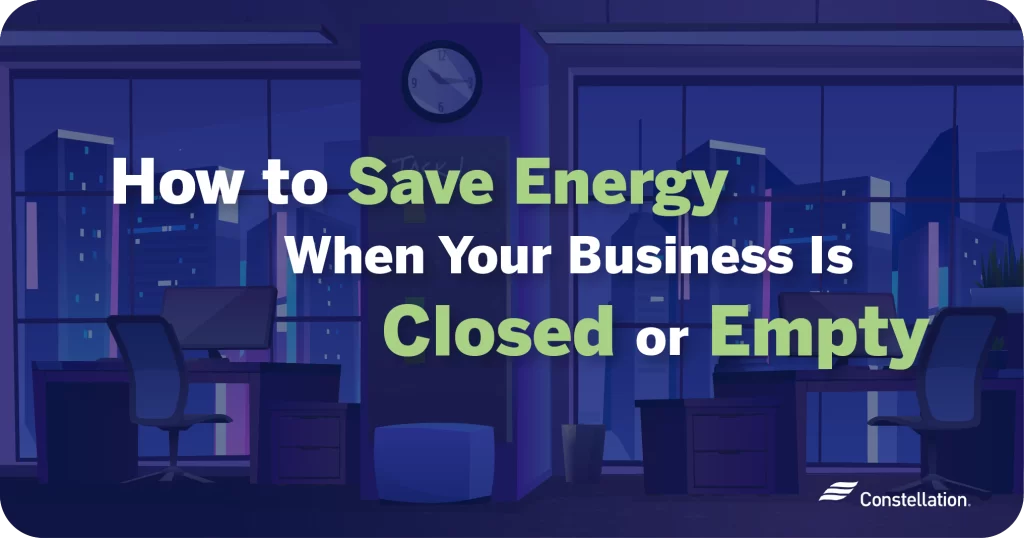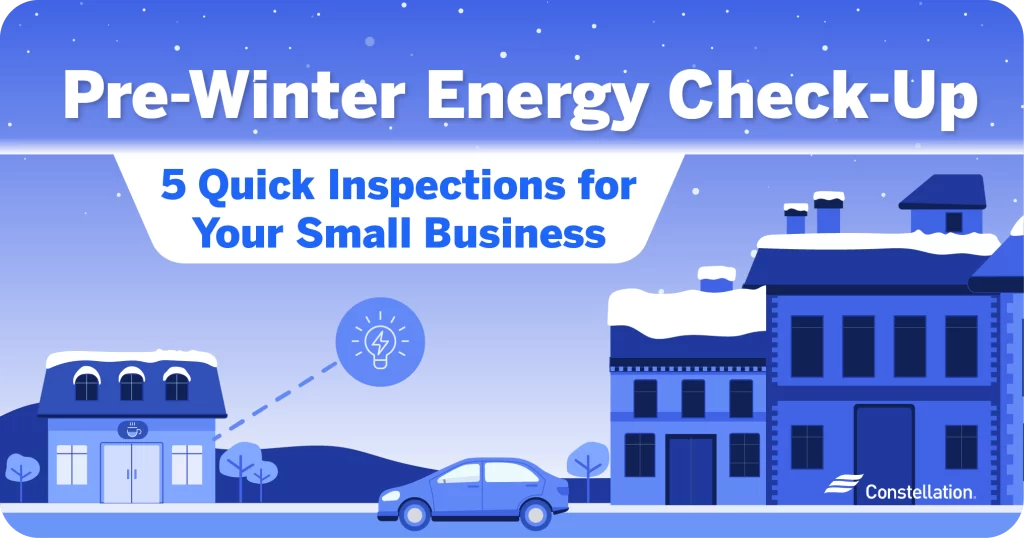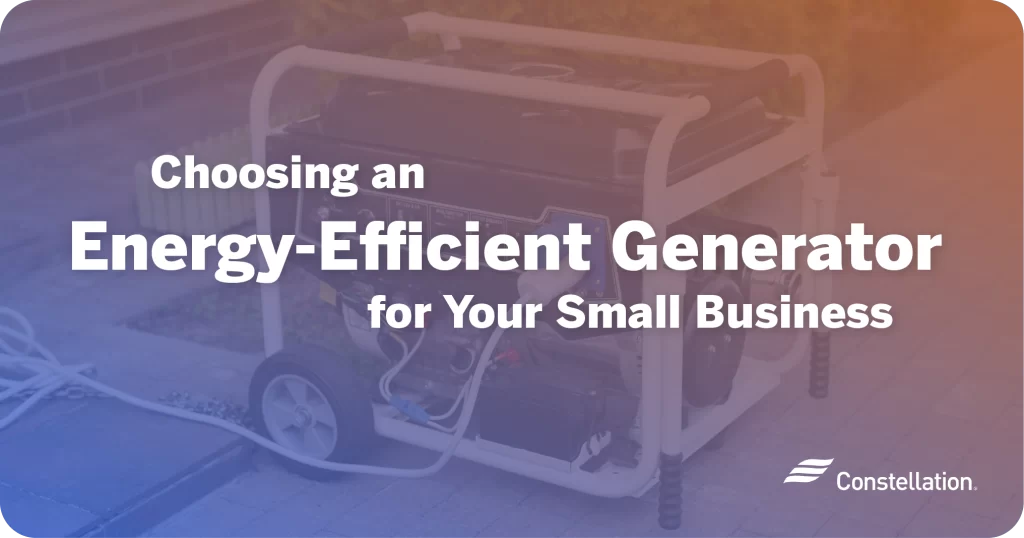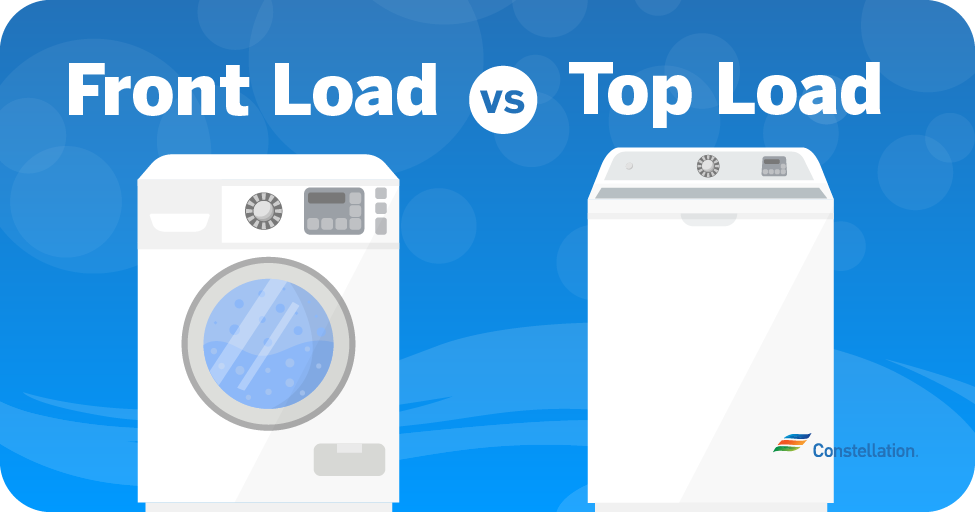
- Category:
Home Energy Savings -
Last updated:
April 22, 2022
Front Load vs. Top Load Washers
Understanding the differences between a front load vs. top top-load washer will help you make the right selection. Not long ago, consumers had no choice between top load vs. front load washers. The US was a top load market. Now you have more choices. We discuss the key difference between top loading and front loading washing machines and the various pros and cons of each.
- What to consider when shopping for a washer
- Front load washing machines: pros and cons
- Top load washing machines: pros and cons
- What are the most energy-efficient washers?
- Deciding which type of washer to buy
What to consider when shopping for a washer
In choosing a front load vs. top load washer, here are the key factors that will go into your washing machine purchase decision.
- Price. You can buy a stripped down model to stay within your budget. Also consider the costs of installing, running and maintaining the machine.
- Features. Some features save energy and water, others balance care of your garments against the ability to clean. You can find smart washers and dryers in both configurations that are part of the trend to automate home appliances.
- Energy efficiency. High-efficiency washers use less energy, less water, and less detergent.
- Installation. Some models are easier to set up and get running than others.
- Maintenance. Servicing, availability of spare parts and track record for durability are considerations.
- Lifespan. Long lasting models may be a better value, costing less money over time.
Front load washing machines
When considering your options between a top load vs. front-load washer, it helps to understand the features and functions of each. Consider top load vs. front load washers pros and cons when making a decision. Are front load washers better?
Front-load washing machine pros
- Uses less electricity. It is no contest comparing top load vs. front load washers when it comes to power use. The US Department of Energy estimates we would save 14.9 billion kWh of energy annually by using only front load machines. With regular use, you can lower your average home power usage.
- Leaves clothes dryer. Front-load machines spin faster than top-loaders, so your clean clothes are 10% drier at the end of the wash cycle. They are less prone to breaking down with unevenly distributed loads.
- Less wear and tear on clothes. Because these machines tumble clothes clean, almost like hand washing. Your garments will last longer.
- Takes less space. Even full-size models are stackable, so you won’t need as much floor space to accommodate them.
- Uses less water. The average front load machine uses about 20 gallons of water, about half what a top loading washing machine uses. One of the top water conservation tips is to buy appliances, like an HE front load washer that uses less water.
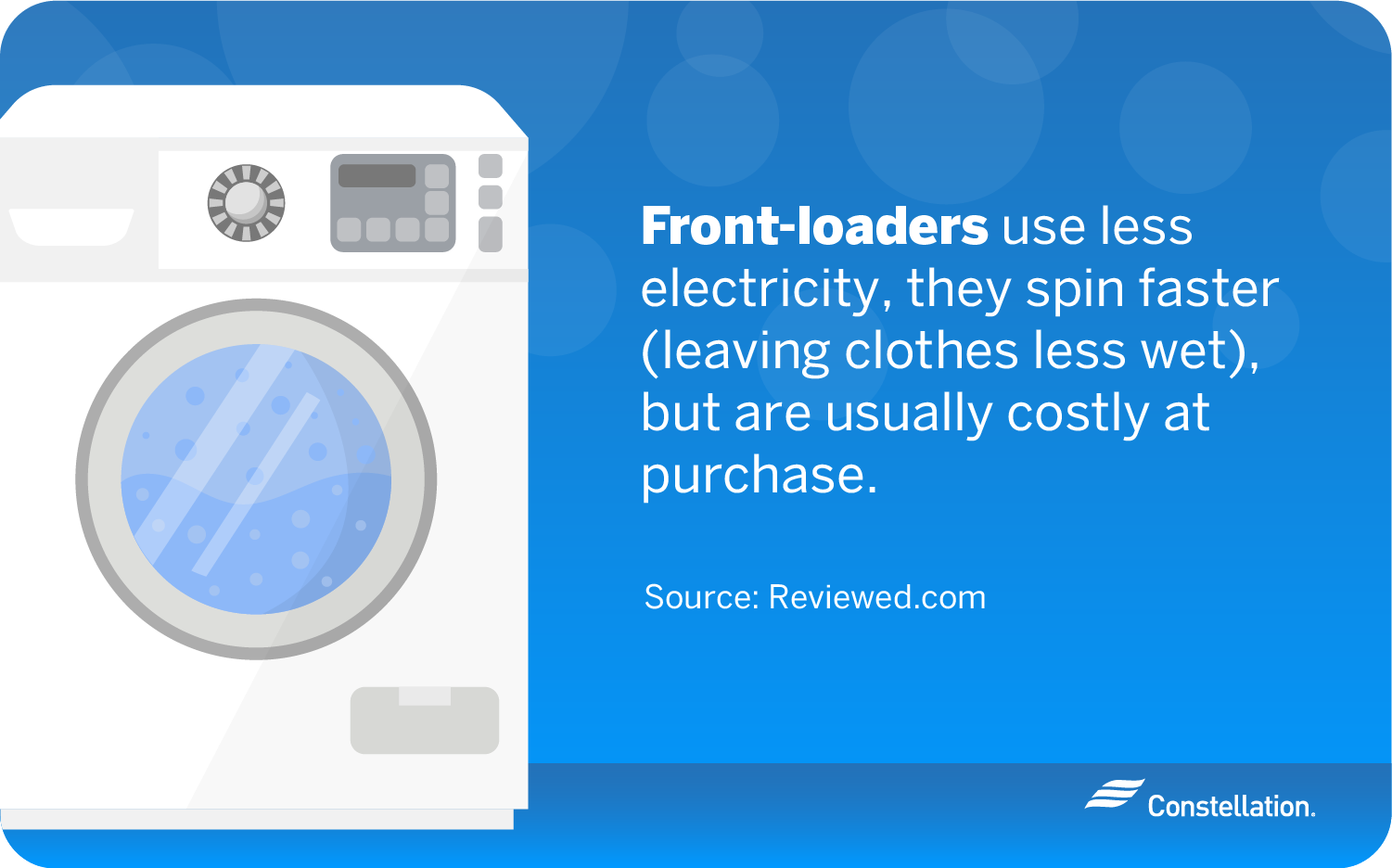
Front-load washing machine cons
- Harder to load. Bending over to put the clothes in and take them out is inconvenient for some people.
- Can’t add items mid wash. Once the wash cycle begins, the door locks. You can’t throw in a last minute garment.
- Higher purchase price. One big difference between top loading and front loading machines is cost. Front loading machines cost more in general.
- Harder to service. It takes a trained professional to work on these machines when they break down.
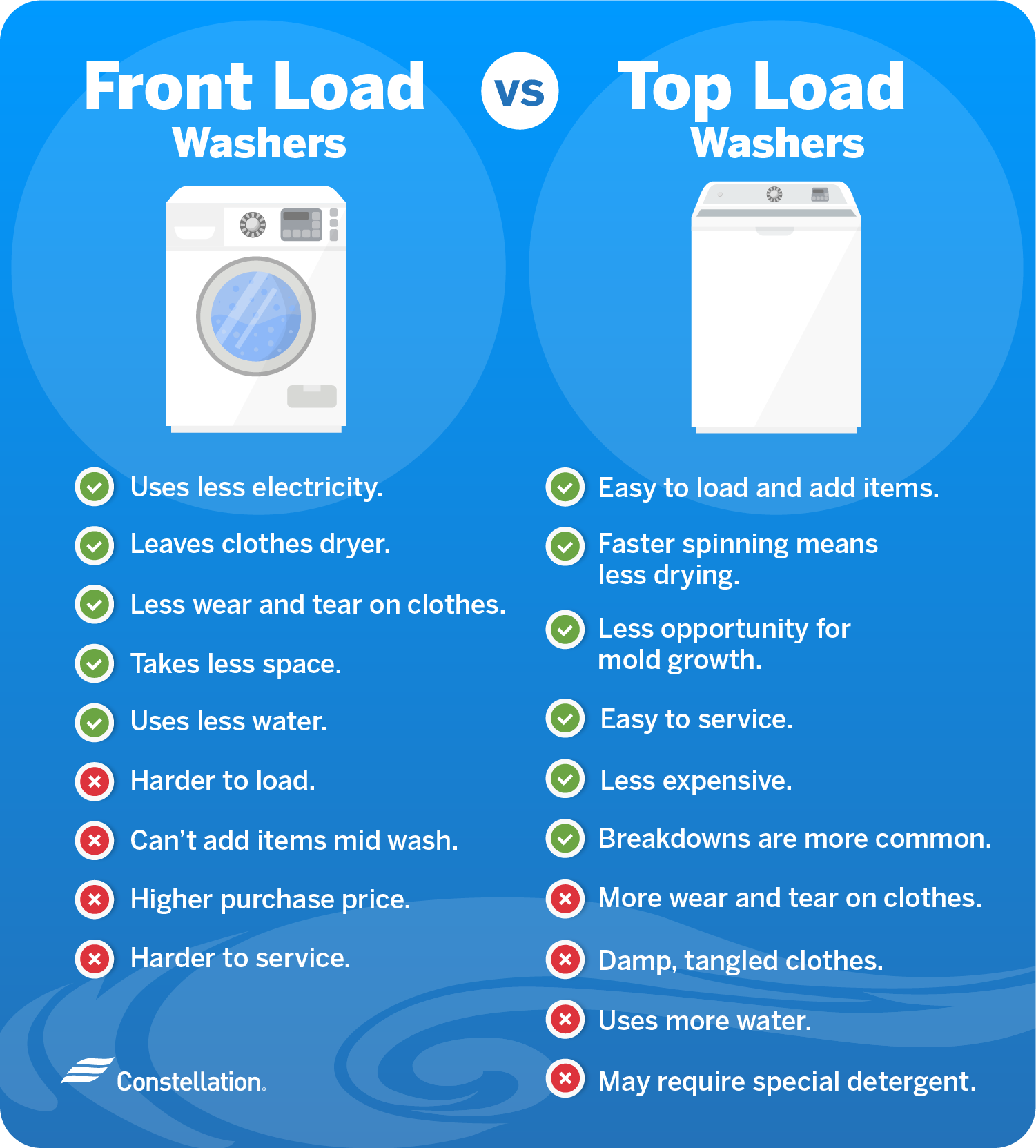
Top load washing machines
Now let’s look at top load machines when considering top load vs. front load washer pros and cons. Depending on your situation, you might find that top load washers are a better option for you and your needs.
Top-load washing machine pros
- Easier to load and add items. Because most are waist-high, you can easily drop your clothes in without bending over. You can also add or remove overlooked items into the washer throughout the entire wash cycle.
- Faster spinning means less drying. While one of the high-efficiency, top-load washing machine benefits is that it spins faster than a machine with an agitator, it also means that fast spinning could cause clothes to tangle, so you want to be sure to untangle items before placing them in the dryer.
- Less opportunity for mold growth. Top load machines drain fully, thanks to gravity, at the end of wash cycles. That means lower risk of the warm, moist environment that promotes mold growth.
- Easier to service. Accessing moving parts is easier in a top loading machine. Do-it-yourself maintenance and repair can save time and money.
- Less expensive. Price depends on features, but overall, top load machines cost less. You can save more with energy-efficient appliance rebates. You can also connect an ordinary machine to your smart home through using a smart plug.
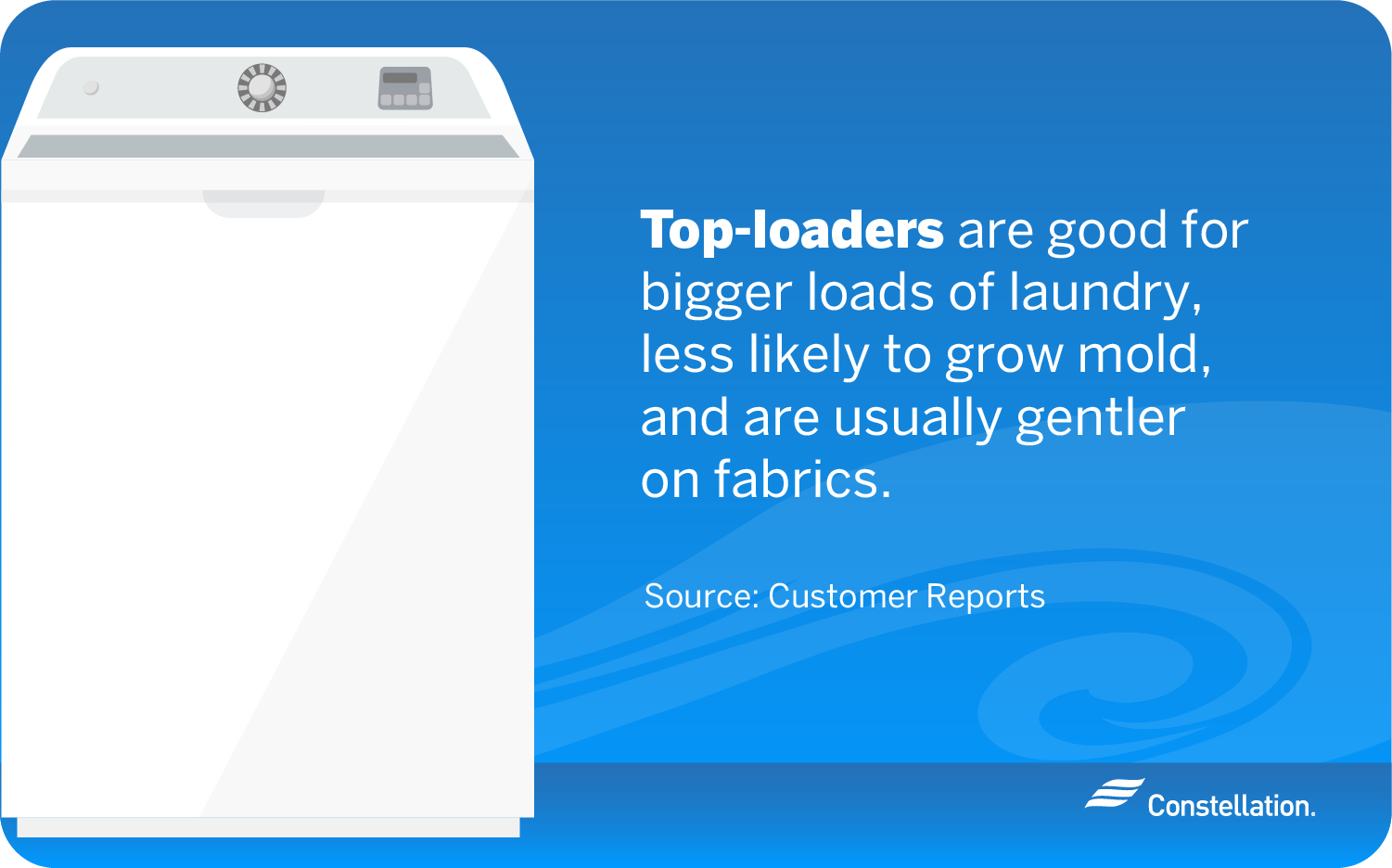
Top-load washing machine cons
- Breakdowns are more common. Uneven loads that cause the machine to shake and shimmy are tough on the motors and belts. These models are prone to breaking down.
- More wear and tear on clothes. Because most models still use an agitator and wash by twisting, they put more stress on your garments.
- Potential for damp, tangled clothes. Clothes can get bunched around the agitator, or in newer HE models, may be distributed unevenly during the spin cycle. The result is damper, tangled up garments.
- Uses more water. The average top loader uses over 40 gallons of water. HE models can use less, but all use more than front load machines.
- May require special detergent. You can use nearly any detergent in regular top load machines, but if you have a high-efficiency model, you may be restricted to more expensive detergent marked HE.
Agitator vs. impeller top loading washing machines
Top loading machines are available with two technologies.
- Agitator top load washers. The traditional top load washer technology uses a central post with paddles called an agitator that twists back and forth and moves clothes up and down through the water to clean them.
- Impeller top load washers. This technology is found in high efficiency models. A shaped plate at the bottom of the washing drum creates currents in the water that cause your garments to rub together for washing. It uses less water and is more gentle on your garments.
What are the most energy-efficient washers?
Front loaders are more energy-efficient washers than top load models, according to the Department of Energy. They use less water, which reduces the energy needed to pump and heat it for the wash. The way they operate also takes less energy; up to 45% less.
Even when compared to high-efficiency top loading machines that use an impeller, front load washers are still 25% more energy and water efficient. Because front load machines spin faster at the end of the wash cycle, they extract more water from your garments. You’ll use even less energy when you put clothes in your dryer.
Deciding which type of washer to buy
When it comes to choosing a front load vs. top load washer, you won’t find one right answer that applies to everyone. Your individual situation and needs will drive your choice, with consideration of the pros and cons for each.
Regardless of where you land in the top load vs. front load washer debate, you can find ways to save energy in your home when doing laundry. Refer to these laundry energy-saving tips like air drying your clothes when possible or only running large loads.
New ENERGY STAR® appliances give you options in choosing between a front load vs. top load washer. Using care, both will save you energy and clean your garments well.
